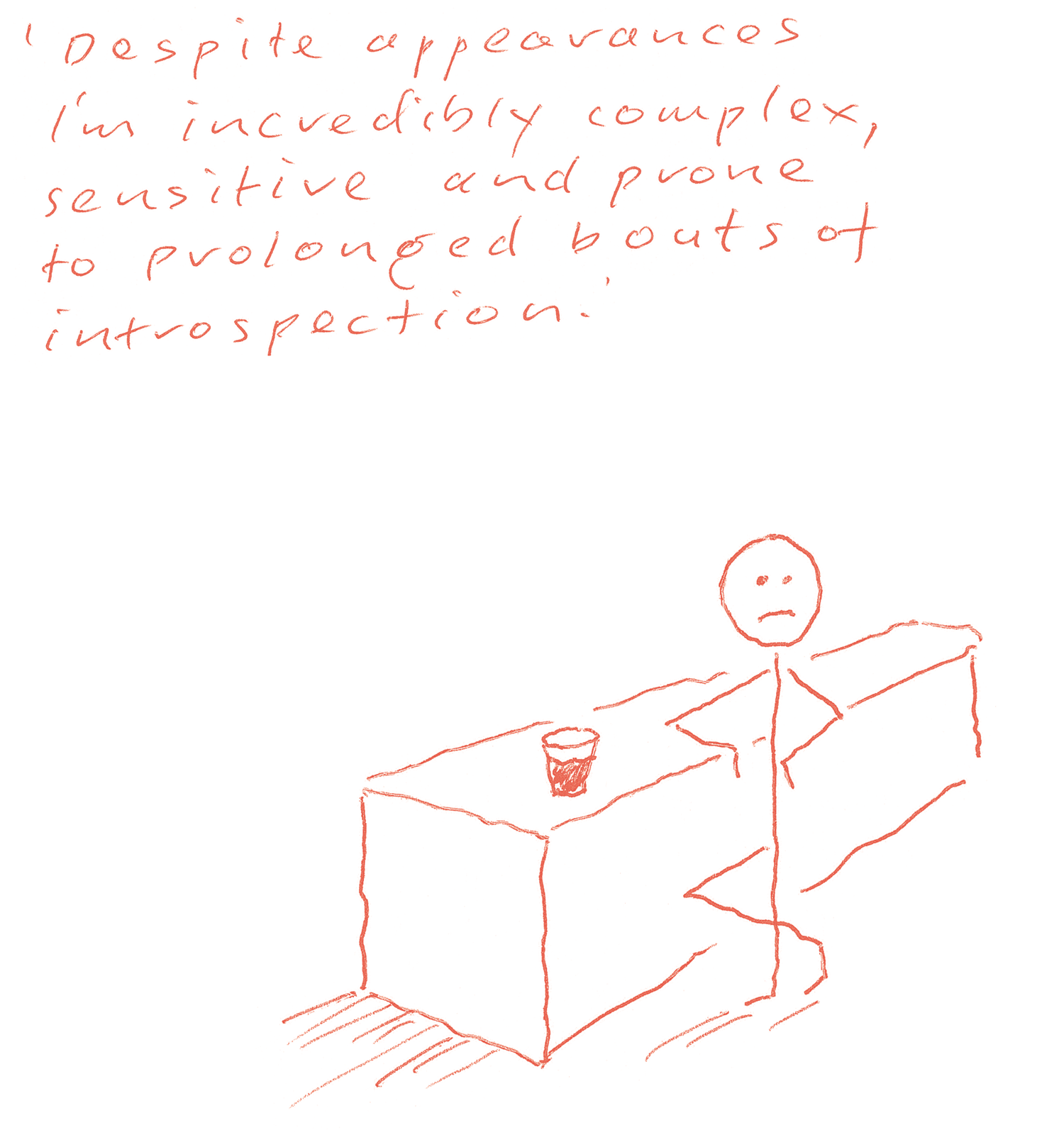

Whatever you’re creating, simplicity is the ultimate goal. The power of reduction, as we say in advertising, means taking a complex thought and reducing it down to a simple, powerful message.
From a painting to a novel to a movie, there is only one space you want to fill. And that’s the space between someone’s ears. Your tool of persuasion might be a paintbrush or a guitar, but it’s your audience’s mind that you really want. Once you’ve captured a corner of that, you’ll have made it.
But if your idea or message is too complicated it will bewilder and confuse your audience. Even in business they say complexity destroys profitability. (Though make sure you don’t trivialize your idea either. If that happens, what you’re saying won’t stick.)
How then to create something that has the power to stay in someone’s mind and capture their imagination?
At the foundation of any great idea is the truth, the most powerful force in creativity.
Just think of any great work, regardless of medium. It is almost certainly expressing a distinct point of view. But if that point of view doesn’t contain a truth, then you can bet that the work’s impact will be fleeting.
And so it is that anyone who wants to create has to find their voice, their truth. At its most basic level, if you don’t believe in what you’re doing, why should anyone else?
Finding your own truth and expressing it imaginatively is the skill you must develop, and very often keeping it simple will show you the way.
Blaise Pascal, the great French philosopher, summed it up well when writing to a friend. He concluded his letter: ‘My apologies for this letter being so long. Had I more time it would have been shorter.’
So whether you’re writing, painting, acting, directing, or designing, the truth simply expressed is the difference between that piece of work being meaningful or meaningless.
You might achieve momentary success by ignoring this fact but it won’t endure. And, furthermore, you won’t get satisfaction from it.
No one creates just for the sake of creating. We create to make a point. To express an attitude, a belief. Even if, like me, you work in advertising.
The greatest strategy you can employ is the truth. It is handy also, because you can always remember what you’ve said.